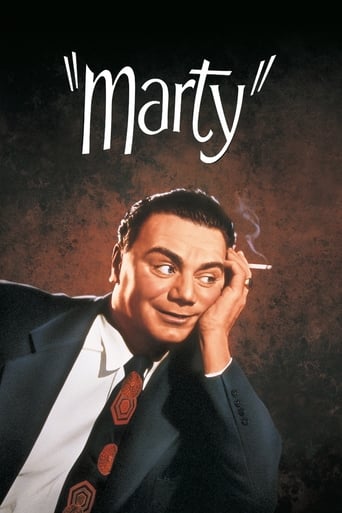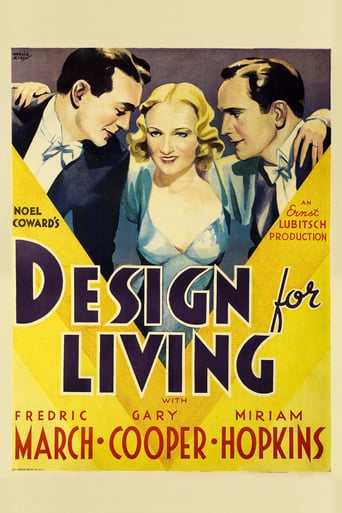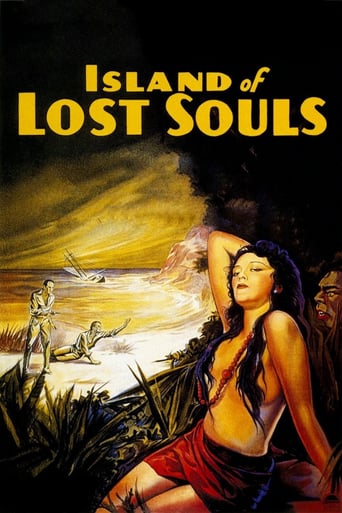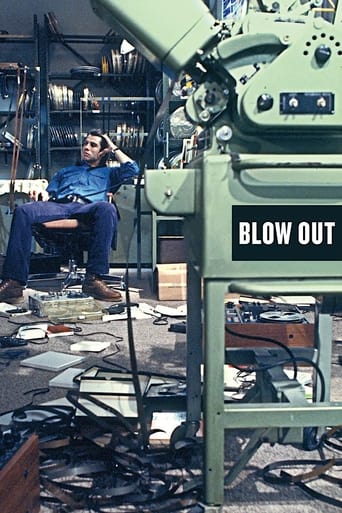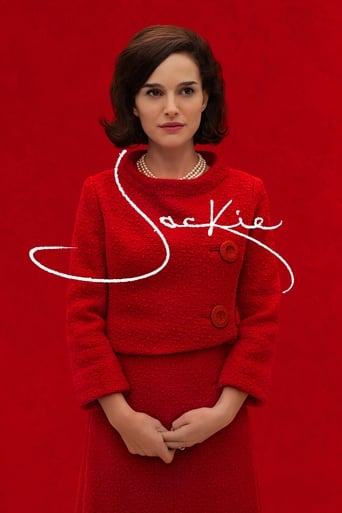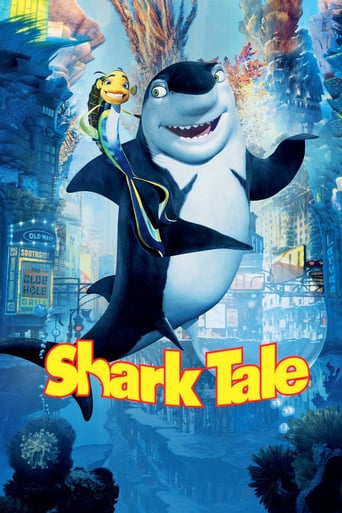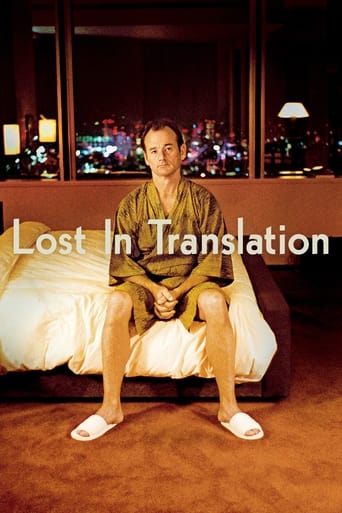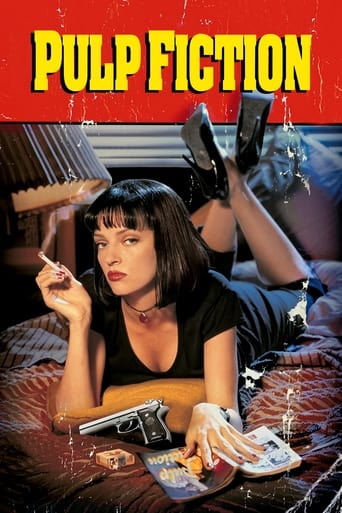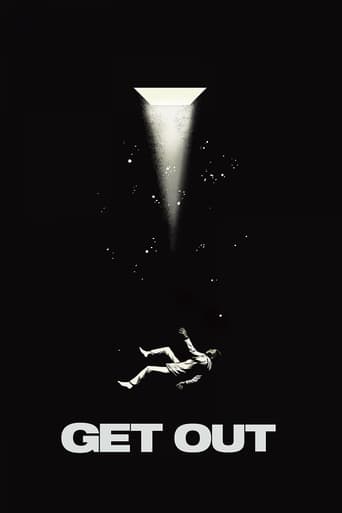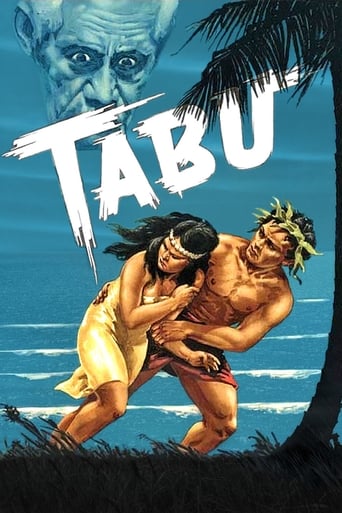


Tabu: A Story of the South Seas
On the South Pacific island of Bora Bora, a young couple's love is threatened when the tribal chief declares the girl a sacred virgin.
-
- Cast:
- Anne Chevalier


Similar titles
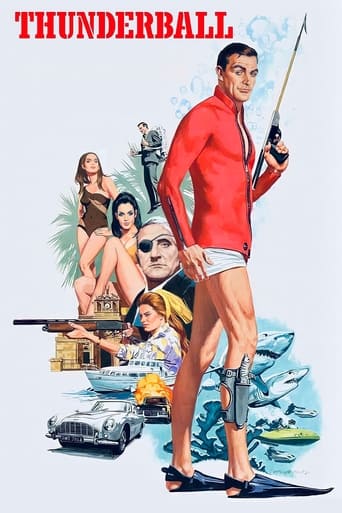
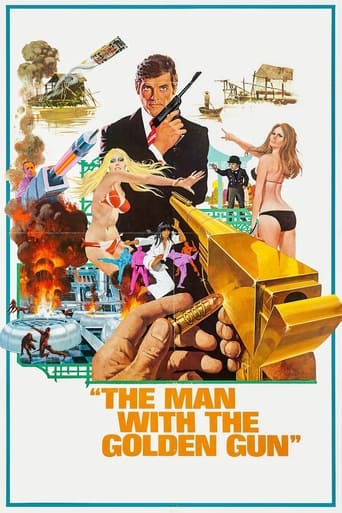
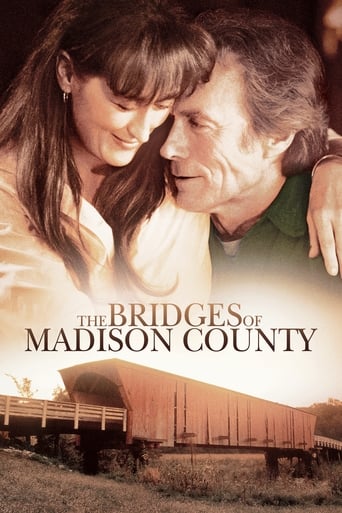
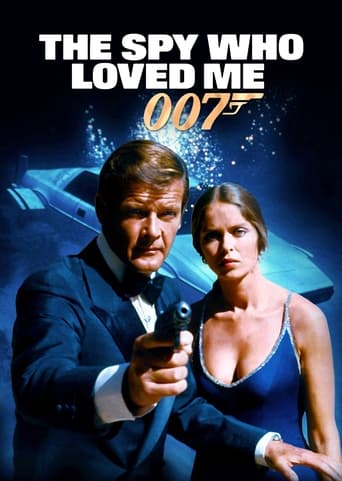



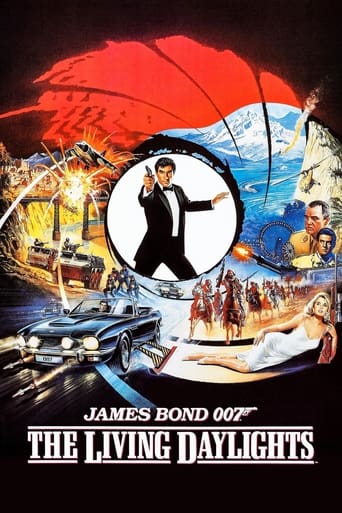


Reviews
Who payed the critics
Excellent, a Must See
Great movie! If you want to be entertained and have a few good laughs, see this movie. The music is also very good,
Excellent characters with emotional depth. My wife, daughter and granddaughter all enjoyed it...and me, too! Very good movie! You won't be disappointed.
The brainchild of German genius F.W. Murnau and documentary innovator Robert J. Flaherty (of Nanook of the North (1922) fame), Tabu uses the beautiful, untouched landscape of the South Pacific and employs non- professional natives to tell the beautiful story of love found and lost, and ultimately the death of paradise. Murnau died in an automobile accident shortly before the film's premiere and, thus, was his last gift to the movie-going world. Though it doesn't come close to the iconic expressionist horror of Nosferatu (1922) or the dark, satirical humour of The Last Laugh (1924), Murnau's epitaph is a simple, yet heart- wrenching cinematic poem.The best spear-fisherman on Bora Bora is a handsome young man billed simply as The Boy (Matahi). His legendary status and unparalleled skill makes him popular amongst the islanders, and soon he has caught the eye of The Girl (Reri - who went on to star on Broadway as Anne Chevalier). They romance each other, but their affair is soon halted by the arrival of emissary The Old Warrior (Hitu), who proclaims Reri as the sacred maiden. She is 'tabu', and cannot be looked upon by any man unless he wishes the punishment of death. The couple brave storm and sea to escape, an arrive in a French-colonised island, where Matahi start work as a pearl diver. But their happiness is fleeting, and Reri is soon haunted by the image of Hitu, terrified she may have angered the gods.The plot is hardly anything new, but Floyd Crosby's Oscar-winning cinematography makes Tabu more socially aware that the film may have you believe. The subtle yet crucial involvement of the French colonists, finding amusement at Matahi's lack of understanding regarding money and material wealth, is a clear swipe at the creeping of Western civilisation. Bora Bora won't stay pure for much longer. And that adds a gravitas to Matahi and Reri's plight - not only is their romance doomed, but so are their traditions and society. It is one of the last great silent films, a reminder that sound can be an unnecessary distraction, and that picture's can sometimes genuinely speak louder than words.www.the-wrath-of-blog.blogspot.com
In one island of Bora Bora lagoon, a young fisherman, Matahi, is in love with Reri. But she is chosen to be the holy maid and therefore becomes "tabu". They ran away from that tradition. Will they be happier and luckier in the more "civilized" society? Sadly, this was to be F. W. Murnau's last film. Despite a short life, he made many great films (including this one)... and then came a car accident that left us without another three or four decades of genius.On the bright side, cinematographer Floyd Crosby won an Academy Award for Best Cinematography for his work on this film. Crosby went on to work for a great many years, bringing out the best in such directors as Roger Corman. In "Tabu", he uses the camera to tell a story without words -- body language and eye movement tell us almost everything we need to follow the plot.The film was not a box office success upon release, grossing just $472,000 worldwide, which failed to recoup Murnau and Paramount's investment. This seems odd today, when it is considered a classic, but there is no secret that critically successful films and commercially successful films are not always the same thing.The Image DVD features commentary by film historian Janet Bergstrom, which is quite excellent. Other editions feature other commentary, but I have not heard it and cannot compare.
The movie is no way near as a good as Murnau's most previous movies, mainly because it isn't really anything innovation. For his standards, this is a pretty standard piece of work. This no doubt also has to do with the fact that during the beginning of production acclaimed documentary maker Robert J. Flaherty (the man who also made "Nanook of the North") was also at the helm but slowly got pushed away by F.W. Murnau as filming progressed. Two captains on one ship just never work out, especially not when they have different expertise's. It's the reason why the movie at times looks as if its a documentary about the natives and at others the movie follows obviously a story. But having said that this is no way near close to being F.W. Murnau's best, says nothing about the quality of this actual film. It's a worthy enough last picture of the German director, who gave us movies such as "Nosferatu, eine Symphonie des Grauens", "Der Letzte Mann" and "Faust", before dying in a car crash, one week before the release of this movie. He was one of the most influential directors of the silent film era, even though this last movie doesn't fully does justice to this reputation.The movie just wasn't always much interesting to me. Perhaps I just didn't liked or cared enough about its subject of a group of natives on Bora-Bora. The movie of course looks visually good and shows lot of the customs and lifestyle of the natives but the story just doesn't ever get off the ground. Perhaps this is also due to the fact that this is a silent movie, so without any dialogs but also without title cards as well. It only uses some monologues and a couple of letters that are being read and written by some of the characters within the movie.A 'movie' that is worth a watch but don't expect anything typical Murnau.7/10http://bobafett1138.blogspot.com/
For discerning fans of classic filmmaking, the surviving work of director F.W. Murnau remains some of the most significant and stunning of the silent era. Filmed entirely in Tahiti, `Tabu' would prove to be Murnau's last film (he died in a tragic car accident on March 11, 1931, just weeks before the film's premiere) and most unusual - he actually collaborated with director Robert Flaherty (`Nanook of the North') in this tale of two doomed lovers that unintentionally transports `Romeo and Juliet' into the South Pacific. Unlike his landmark expressionist titles such as `Nosferatu' and `Faust,' Murnau's `Tabu' is set mostly outdoors and features dazzling images of beautiful young native men and women at home in their Polynesian paradise in the first part of the film, with haunting images used to chronicle tragedy and paradise lost in the second half of the 81 minute classic.Although no members of the cast were professional actors, the performances by Matahi (as a young pearl fisherman) and Reri (as the `tabu' island girl) are moving. More than 70 years after its release, `Tabu' remains essential viewing, and UCLA's restoration of this classic has been a highlight of the schedule of new DVD releases in 2002. In fact, the film's luxurious black-and-white cinematography garnered cameraman Floyd Crosby an Oscar. DVD extras include audio commentary by UCLA Film Professor Janet Bergstrom; outtake footage; theatrical trailer; still gallery; short film titled `Reri in New York.'

